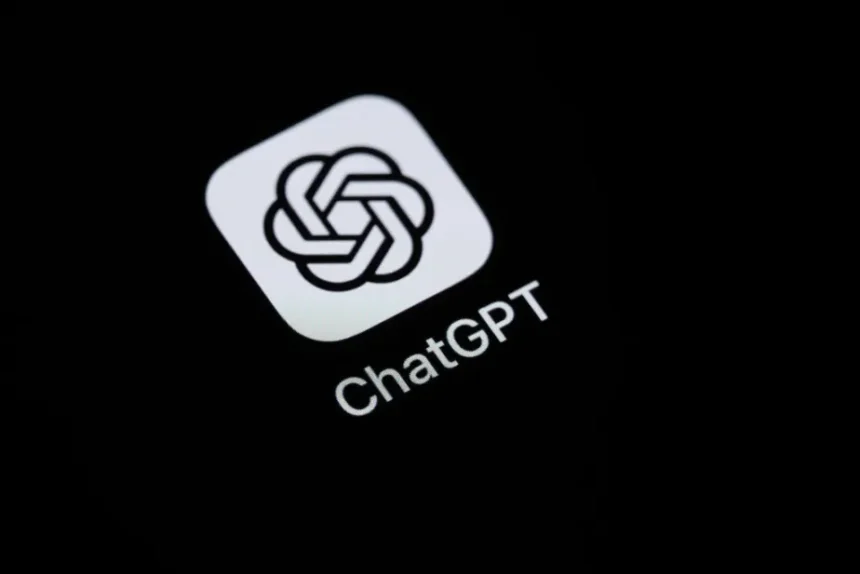ChatGPT Search, the feature within OpenAI’s conversational AI that integrates real-time web data into responses, is experiencing significant traction across the European Union. According to a recent compliance report filed by OpenAI Ireland Limited — one of OpenAI’s regional corporate entities — the usage of ChatGPT Search has seen an impressive rise over the past year.
📈 From 11.2M to 41.3M Users: A Six-Month Surge
For the six-month period ending March 31, 2025, ChatGPT Search averaged 41.3 million monthly active recipients in the EU. This marks a dramatic increase from just 11.2 million during the previous six-month window ending October 31, 2024 — nearly a fourfold jump in active users.
This user growth data was released in compliance with the European Union’s Digital Services Act (DSA), which requires transparency and accountability from major digital platforms operating within its borders.
What Does “Active Recipient” Mean?
The DSA defines a monthly active recipient as a person who actively engages with a platform’s online interface at least once during a month. This could mean viewing, listening to, or interacting with content or features provided by the service.
So, when OpenAI says 41.3 million people engaged with ChatGPT Search, it reflects real interactions — not just passive users or registered accounts.
🚨 Regulatory Threshold in Sight: What Happens at 45M Users?
One critical provision of the DSA classifies platforms with more than 45 million monthly users as “Very Large Online Platforms” (VLOPs). This classification comes with additional responsibilities:
- Allowing users to opt out of algorithmic recommendation systems
- Providing data access to regulators and researchers
- Undergoing independent audits to ensure compliance with safety and transparency rules
With ChatGPT Search now nearing that 45 million threshold, OpenAI may soon be obligated to meet these VLOP requirements.
Non-compliance could result in significant consequences — including fines of up to 6% of global annual revenue, or in more extreme cases, temporary suspension of the service in the EU.
🆚 ChatGPT vs. Google: The AI Search Engine Battle
Despite its meteoric rise, ChatGPT Search still faces stiff competition from traditional search engines, most notably Google. While a poll conducted in late 2024 revealed that 8% of users would choose ChatGPT over Google as their primary search tool, the tech giant remains dominant — reportedly handling 373 times more searches than ChatGPT.
Nonetheless, the traction ChatGPT Search has gained in such a short time signals a shift in user behavior and growing interest in AI-driven, conversational search experiences.
🤔 The Reliability Question: AI Search Still Has Room to Improve
Although adoption is rising, accuracy and reliability continue to be challenges for AI-based search platforms. Studies have found that ChatGPT Search may sometimes fall short in delivering precise or up-to-date results.
- One study revealed that ChatGPT misidentified 67% of searched articles, raising concerns about its dependability as a research or news discovery tool.
- Another investigation uncovered inconsistencies in how the AI handles news content, even from publishers with formal content agreements with OpenAI.
These findings underscore the importance of ongoing refinement, transparency, and ethical AI development to improve search capabilities while protecting users from misinformation.
🗣️ Why It Matters: The Future of Search is Conversational
ChatGPT Search is more than a new tool — it represents a paradigm shift in how people seek information online. Rather than sifting through pages of results, users can now have natural conversations with an AI that retrieves and contextualizes live web data.
As adoption spreads and AI models become more sophisticated, it’s likely that platforms like ChatGPT Search will play an increasingly central role in how we access and engage with the world’s information — especially if they can meet both technical expectations and regulatory standards.










